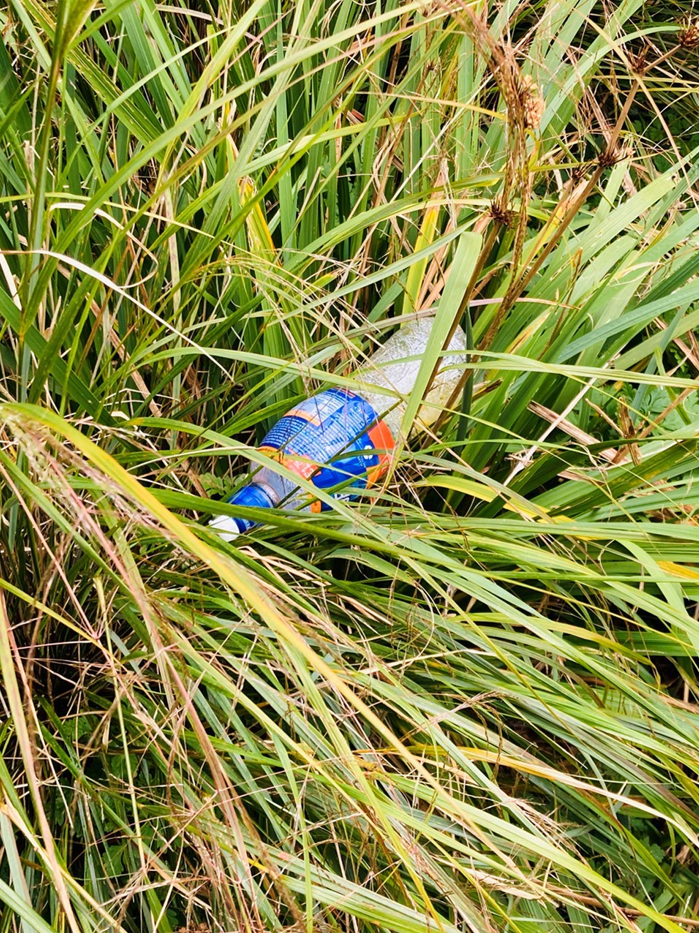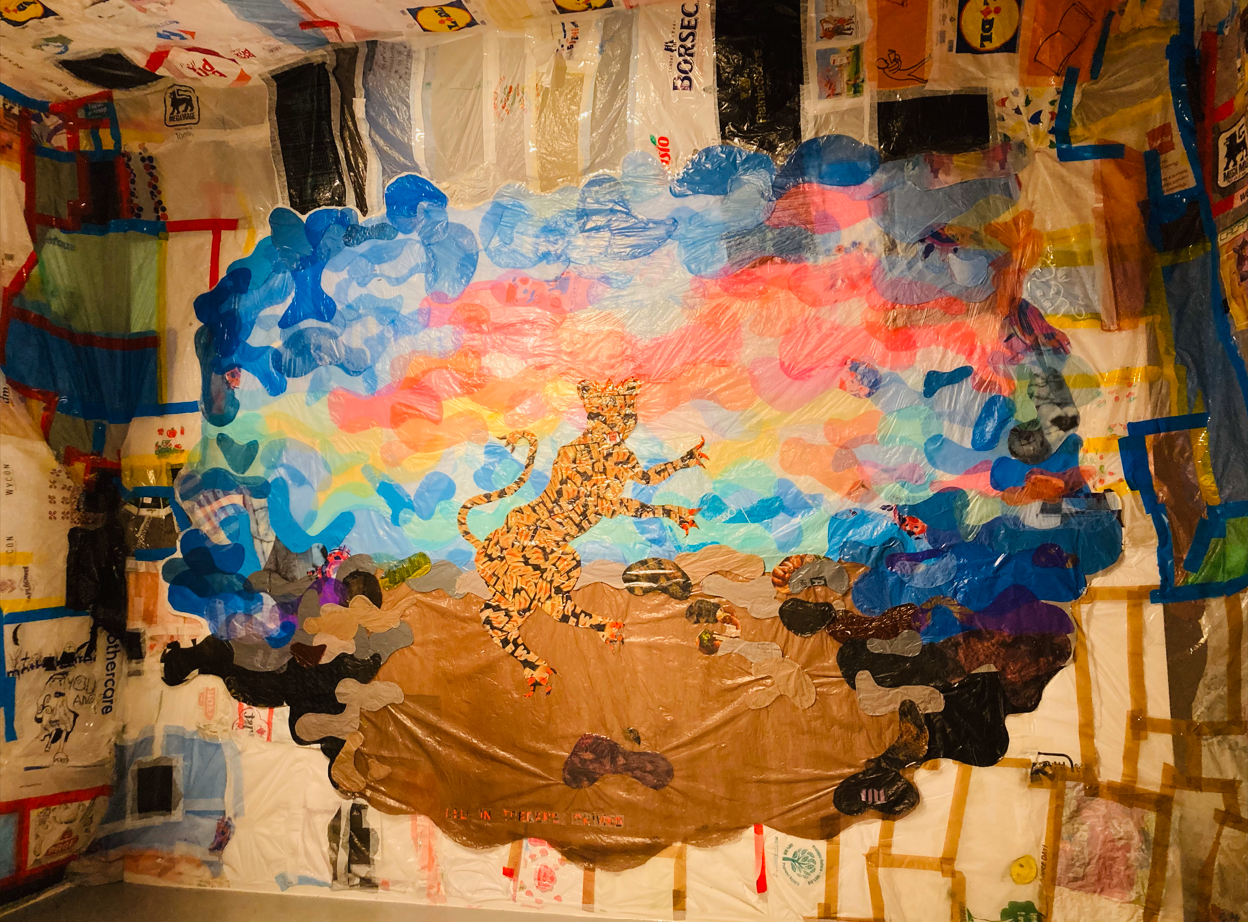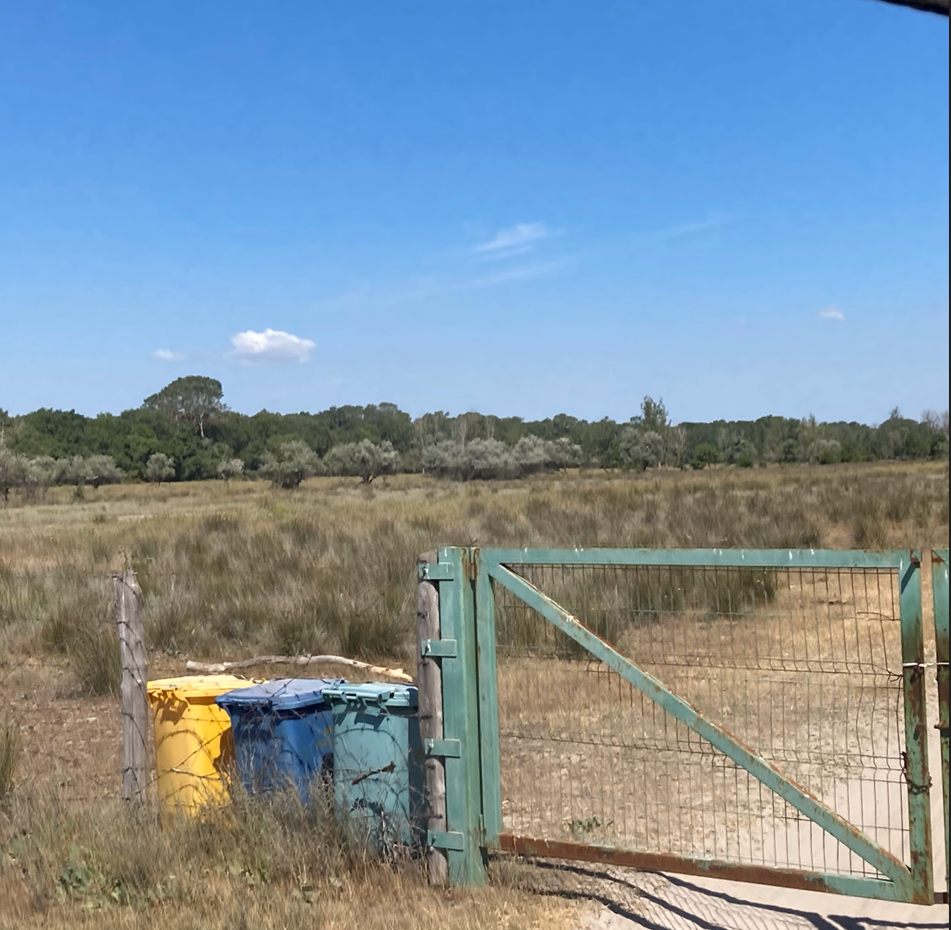In Romania, plastic waste is highly visible and engenders various reactions, from indifference to debate and action.
In April 2021, Mara (woman, cultural journalist, mid-thirties), posted on Facebook a photo with a riverbank covered in PET bottles. The accompanying message read as follows: ‘Every time I walk in nature, I catch a glimpse of what the future is starting to look like.’ Many shared or liked this post, while others debated what to do in these circumstances, what were the best strategies to educate people that plastics were polluting materials not to be carelessly disposed of, and who must be held responsible for plastic pollution, corporations or consumers, with many pointing at the first category of actors.
I archived this conversation while researching the perception of plastics as an environmental issue (the conversation and its cause are by no means exclusive to Romania; all over the world, people are becoming aware that plastics permeate bodies and environments, simultaneously supporting and problematising their present and future; in other parts of the world too, for different reasons, people drop plastics on the ground in public places).
Here I use the conversation as the background for an invitation to also consider the reversed perspective and ponder over how plastics themselves play a role in their transformation from the ordinary stuff of everyday life to the extraordinary stuff of environmentalism.
This invitation builds on a recent turn in social sciences and humanities toward the more-than-human. This means the acknowledgement of the existence of a diversity of agentive entities—always more than (just) human actors, from plants, animals, materials, objects to soils, waters, mountains, glaciers, ghosts, and ancestors—that together participate in the making of our world. Moreover, the invitation draws on the ever-growing scientific documentation of the vibrant, but harmful agency of plastics, from extraction from fossil fuels to decomposition into microplastics and nano-plastics, and from storage that produces leachate to incineration that releases toxicants.
To demonstrate that plastics can be seen as consequential also in ways that are socially and culturally relevant, I employ a series of ethnographic vignettes. I draw on observations I made and conversations I took part in, overheard, or read during my ongoing online and offline research.


